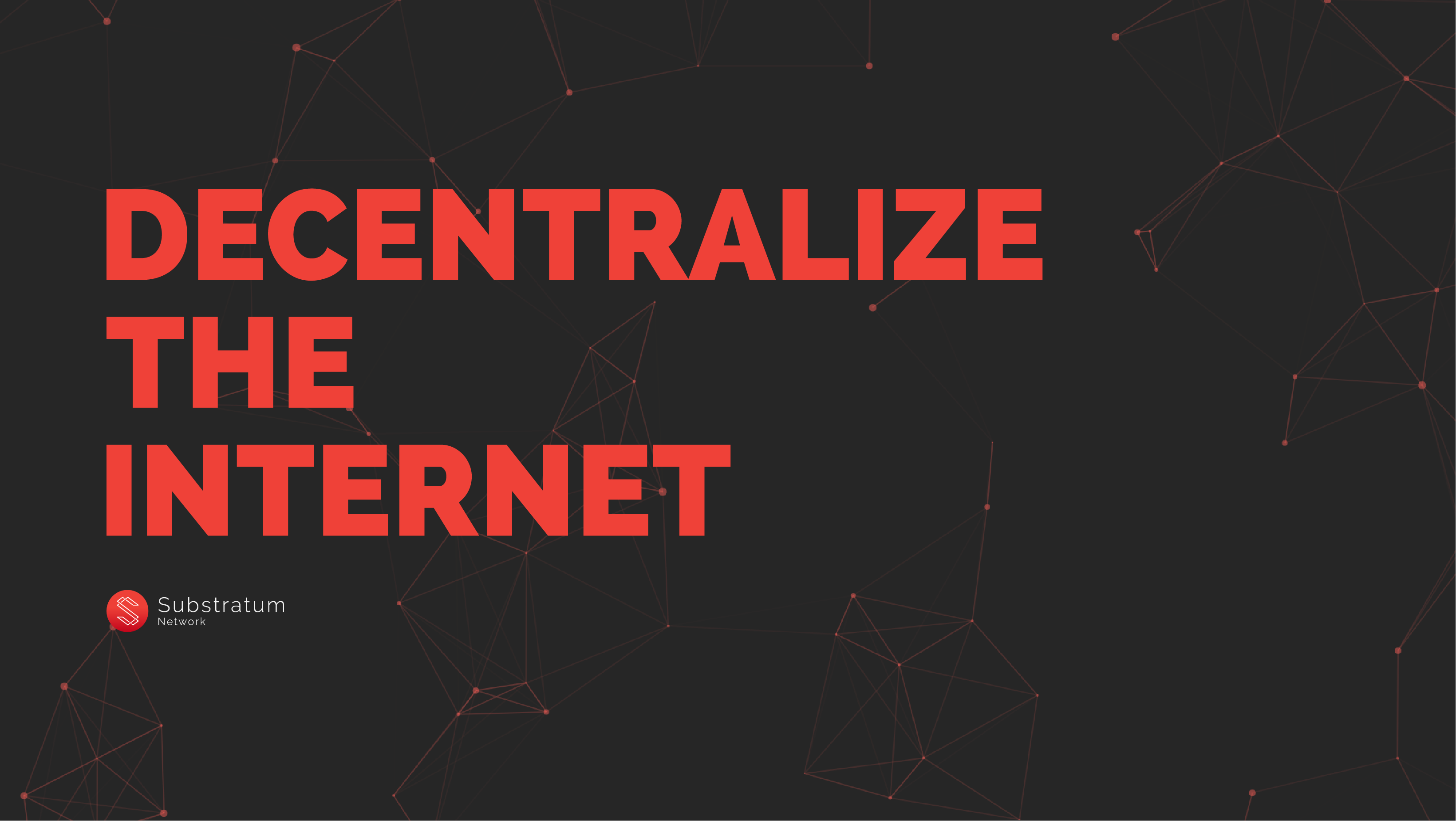Unfortunately, it happened. Despite millions of Americans protesting and flooding the government with pleas to not repeal net neutrality, the Federal Communications Commission did it anyway.
This decision gives much more power to US broadband businesses to control online access and information. Service providers now have the green light to discriminate and manipulate your internet traffic.
Jessica Rosenworcel, a Democrat member of the FCC, stated that the vote puts the commission “on the wrong side of history, the wrong side of the law, and the wrong side of the American public.”
Basically, this is bad news for American citizens that don’t want their internet to be censored by monopolies like Comcast and Verizon. But then again, often things need to get worse before they get better. Could there be a light at the end of this very dark Trump administration tunnel?
Blockchain Technology Can Help Us Fight Back
Blockchain technology was created to make things more decentralized and transparent. It’s the very best tool we have in fighting the FCC’s wildly unpopular decision.
In an interview with CNBC, Product Hunt founder Ryan Hoover agrees:
This threat goes directly against the ethos and opportunity of the blockchain, a decentralized system that no single entity can control or censor. Many technologists are actively working to build decentralized versions of traditional solutions (e.g. bitcoin for payments, Filecoin for storage, Golem for computing power) and events like [the FCC ruling] further encourage this movement and validate the need for decentralized technology.
Expect to see a variety of ingenious blockchain solutions popping up in the near future. In fact, there are already some that exist now, and they’re quickly gaining in popularity.
Just look at Substratum. They’re an open-source network that allows anyone to allocate spare computing resources to make the internet a free and fair place, by giving all websites and applications equal opportunity to broadcast their message.
“Information wants to be free, not locked down by censorship or net neutrality laws. Substratum provides tools anyone can use to help keep the internet accessible through decentralization,” their website says.

Anyone with a computer can use Substratum’s technology to run a node for serving content on the decentralized network — and get paid in cryptocurrency for doing so.
Their site explains:
Net neutrality laws threaten to regulate internet access by charging higher rates for viewing certain content. All sites are treated the same on the decentralized web, allowing users to enjoy the full online experience without lining the pockets of internet service providers.
Substratum isn’t the only startup working to overhaul the internet industry. Qlink is a Singapore-based startup that is building a decentralized wi-fi sharing network with global coverage on the NEO blockchain. They plan on competing with today’s centralized, inflexible data plans.
Now that net neutrality has been repealed, we can expect to witness a surge in startups with brilliant ideas on how to utilize blockchain technology to make the internet more decentralized, open-source, and secure.
The tools are in our hands. Now we must use them properly in the battle against a centralized and censored internet. By working together to create solutions on the blockchain, the public has a fighting chance to ensure the internet stays accessible to everyone.
Featured image by Rick Barry of Broken Shade Photo (licensed under CC BY 2.0)

